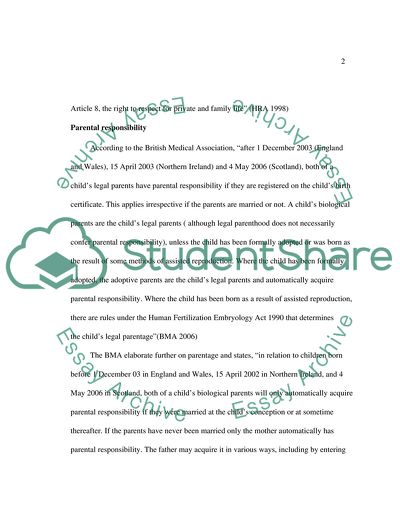Cite this document
(“Law and Ethics of Consent from Children in Medicine Essay”, n.d.)
Law and Ethics of Consent from Children in Medicine Essay. Retrieved from https://studentshare.org/law/1539313-law-and-ethics-of-consent-from-children-in-medicine
Law and Ethics of Consent from Children in Medicine Essay. Retrieved from https://studentshare.org/law/1539313-law-and-ethics-of-consent-from-children-in-medicine
(Law and Ethics of Consent from Children in Medicine Essay)
Law and Ethics of Consent from Children in Medicine Essay. https://studentshare.org/law/1539313-law-and-ethics-of-consent-from-children-in-medicine.
Law and Ethics of Consent from Children in Medicine Essay. https://studentshare.org/law/1539313-law-and-ethics-of-consent-from-children-in-medicine.
“Law and Ethics of Consent from Children in Medicine Essay”, n.d. https://studentshare.org/law/1539313-law-and-ethics-of-consent-from-children-in-medicine.


